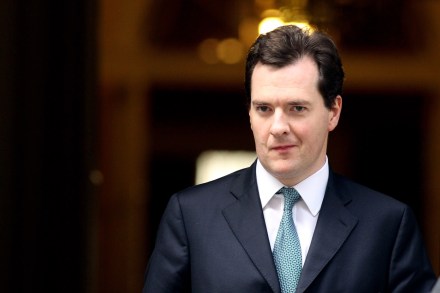On the other hand, Philippe Legrain makes the case that too much blame is being apportioned (perhaps opportunistically) to the euro and not enough is being fixed to the Irish government: The problem is not that savings flowed from Germany to Europe’s periphery. It is that they funded property bubbles rather than productive investment. But the blame for that lies with herd-like investors, flawed banks and foolish governments, not the euro. After all, America, Britain, Iceland and other non-euro countries all had huge property bubbles too. Granted, joining the euro did slash Irish interest rates, creating cheap borrowing that fuelled the boom. But at a macro level the Irish government









